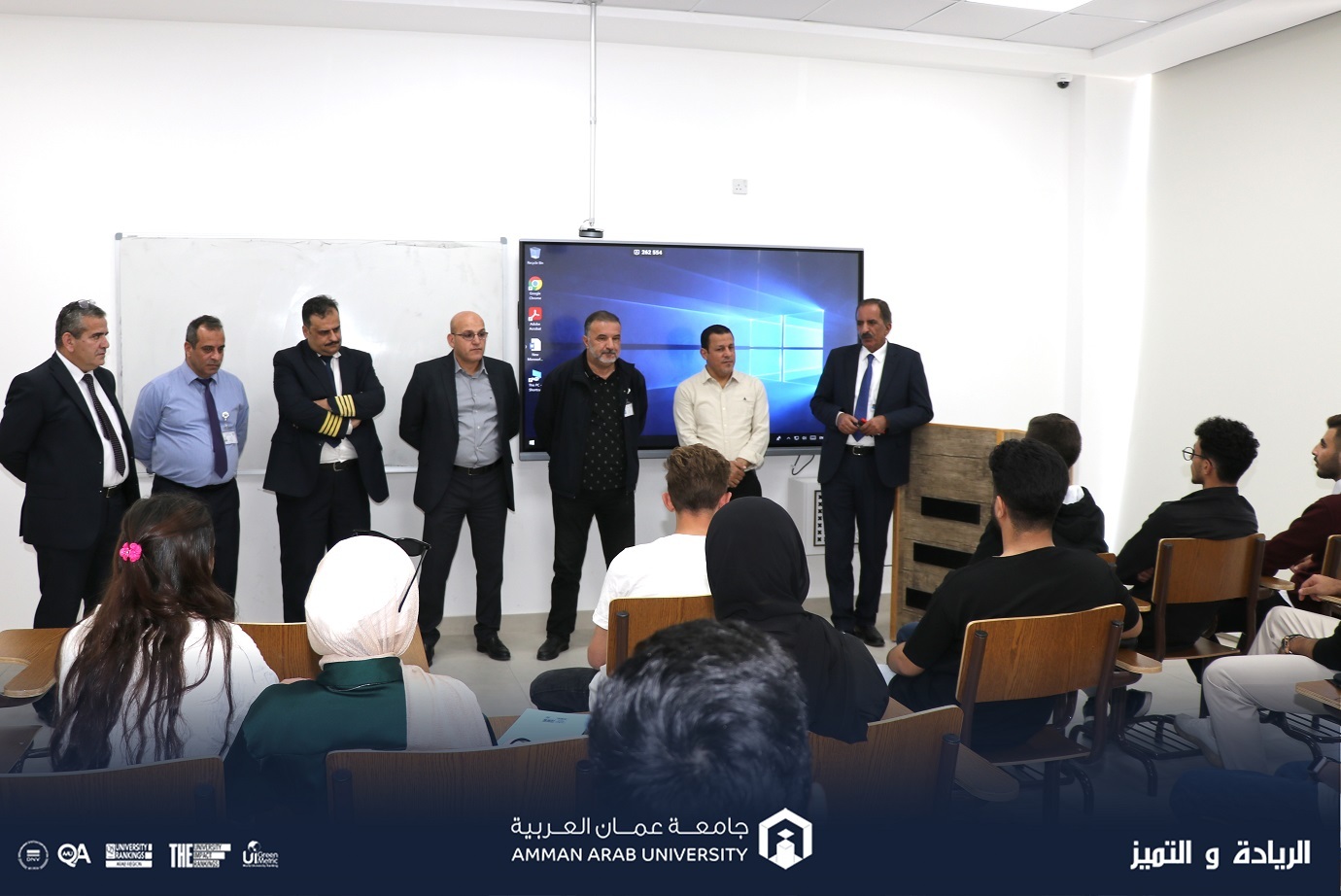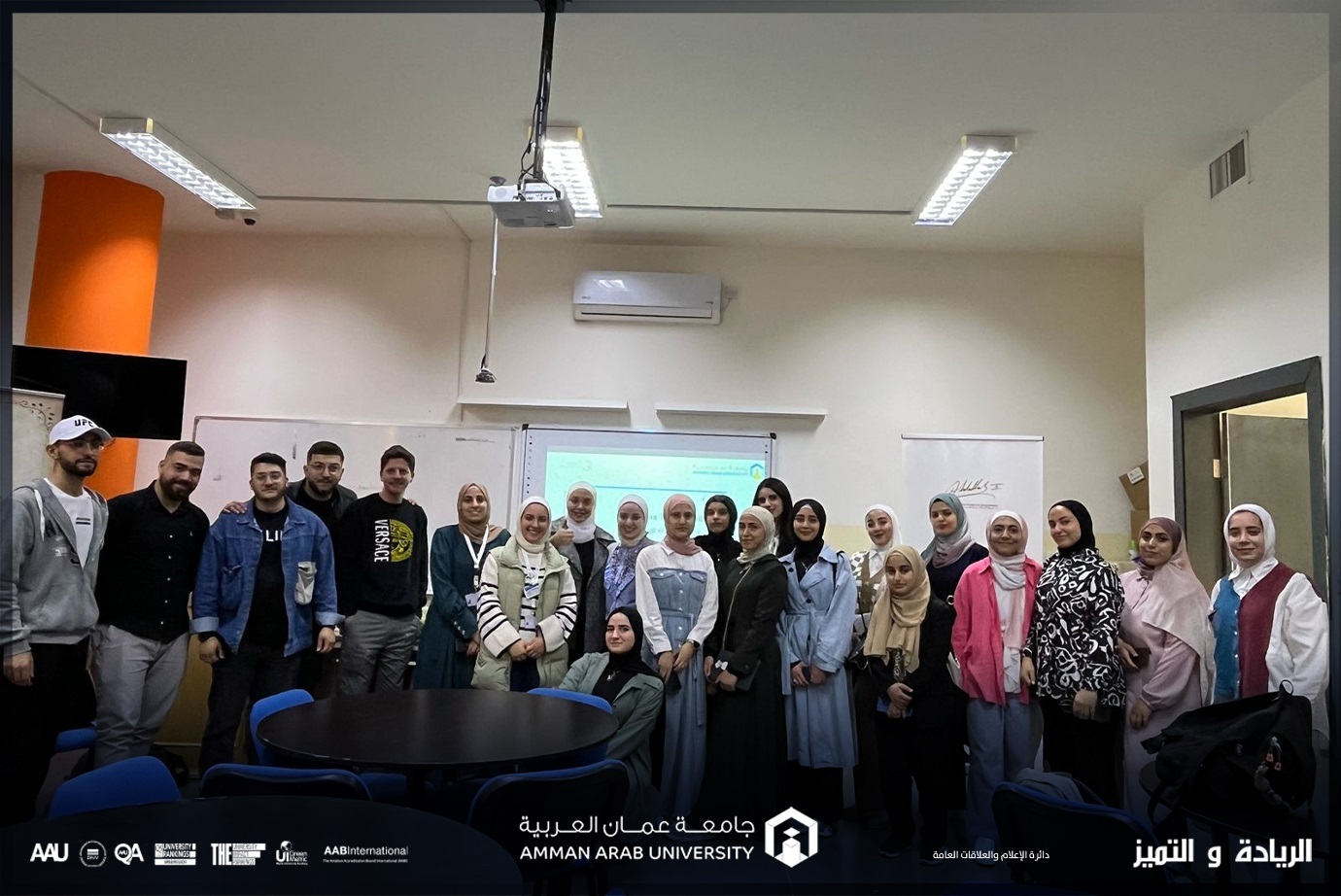
Vocational Education and Societal Culture
By: Prof. Dr. Younes Megdadi,
Many observers of the labor market need found that there is a great need for qualifications of vocational and technical nature, especially in light of the changes in the labor market and its new requirements, which the labor market has repeatedly emphasized in its various sectors towards vocational education, and this type of education is less fortunate because it is affected by a societal culture of some that is dominated by a culture of shame and other concepts that are difficult to dissolve despite the call of many interested in educational and academic affairs and labor market owners to change that culture, but it still constitutes an obstacle and difficulty the success of this type of education.
The societal culture towards vocational education still stands as an obstacle to universities and institutes decision-makers and their orientations, despite its importance to meet the needs of the labor market in its various sectors, and the few universities and some specialized institutes have established a number of vocational programs, but the issue of turnout is still weak. Compared to the total number of high school students, the majority of whom are heading towards scientific, humanitarian and consensus disciplines, and for reasons known to all, the most important of which is the societal culture with its concepts, which produced huge numbers of unemployed people in most of the disciplines, and evidence and evidence are clearly visible.
The limited demand for vocational education is a testimony to the incompatibility of our societal culture with this type of education, despite it being considered one of the most important types of education at the present time vital sectors. Hence, we find that the culture of society still stands as an obstacle to the generations, which some see as one of the destroyers of the economic and social future, in light of their reluctance to consider them as professions without ambitions and aspirations according to the concept of the prevailing societal culture.
Dissolving societal concepts that reject vocational education and the profession of its graduates requires everyone to find out about its repercussions in order to avoid spreading it in the minds of our children. Those interested in education, and out of concern for the personal, economic and social future of generations, see working to increase societal awareness of the right to vocational education in partnership with the competent authorities, and a real activation of educational and academic policies towards vocational education in various educational and university institutions, and designing awareness programs based on the family, school and media institutions aimed to dissolve these concepts, the most important of which is the culture of shame and others, not to mention activating the role of pioneering civil society institutions in dissolving the culture of shame against vocational programs and their professions, as well as emphasizing on universities and institutes to go to the development of vocational programs and marketing in a way that highlights their importance to society, and reviewing admission policies in universities and institutes and activating Admission exams to reduce the high demand for some disciplines related to the prevailing societal concepts and culture, most of which are witnessing an increase in the unemployment rates of their graduates, according to the data of the Civil Service Bureau, and some of them are expected in the near future.
We all know that changing our societal culture regarding education is a great responsibility for everyone, and we must think seriously about finding a qualitative leap in the various educational paths in order to preserve our children and their future, and at the same time direct our students towards the appropriate specializations realistically to touch the available job opportunities and away from what is imposed by our societal culture On our families and our children.







